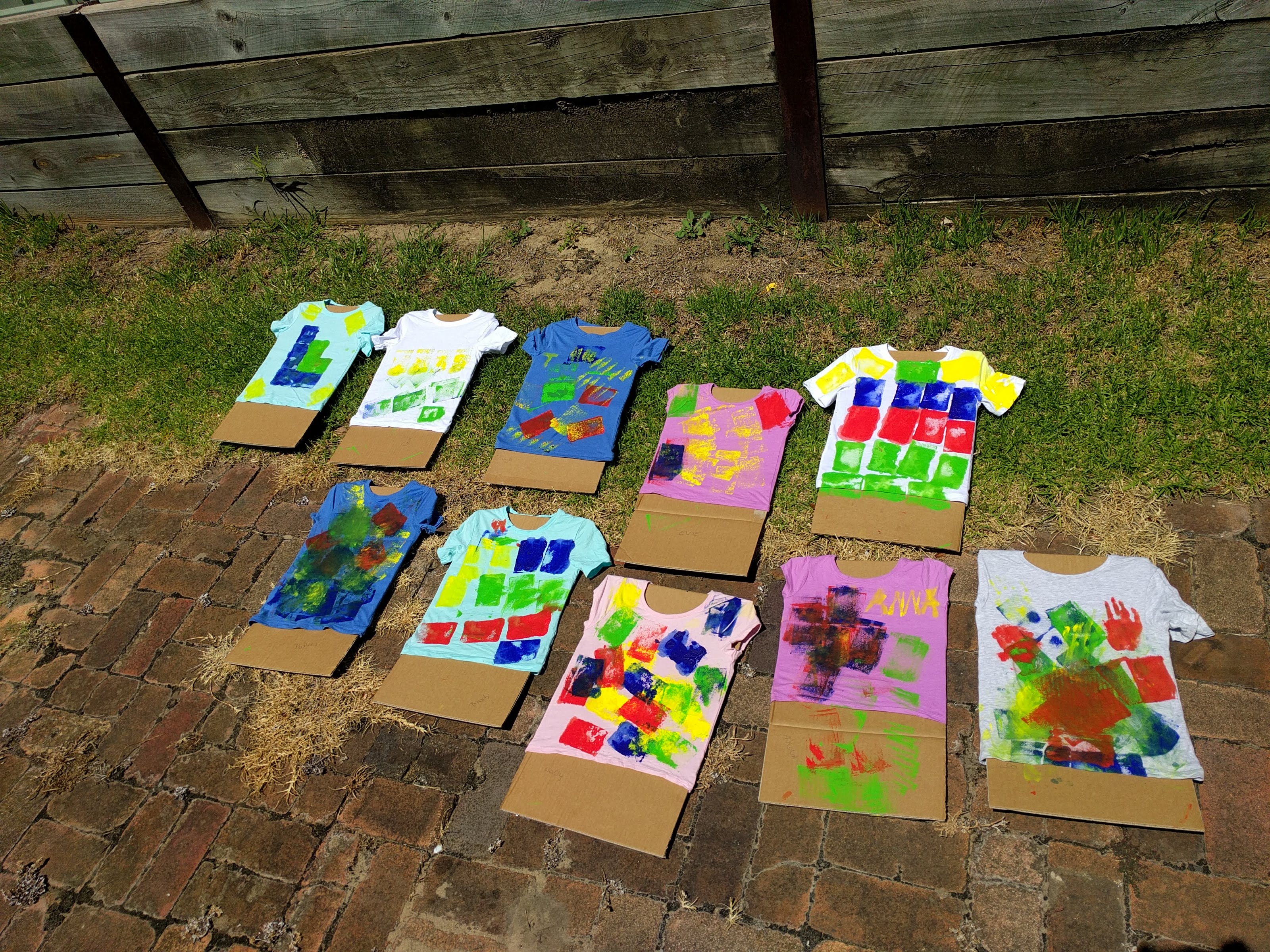We are in the process of reducing our waste. It’s a big challenge. Plastics is the number one type of waste everyone around me seems to be talking about. Yes, plastics are absolutely something we ALL need to reduce.
But I don’t want to stay with plastics today. I want to tackle something else: food waste. Waste that is created in the kitchen, whether is by cooking with fresh ingredients or whether it is because there is too much food.
There are two major solutions for reducing food waste: reducing and composting – in this order.
Reducing over-buying
Admittedly this is often easier said than done.
When I go to a well-sorted farmers market or a new neighbourhood garden I often can’t resist to buy some produce. I’m buying this knowing very well that my fridge is stocked and my veggie box has been delivered. It’s just that … the produce looks soo delicious.
This simple over-buying often leads to food not being eaten and ultimately being thrown away.
What a waste!
Lately, I have started to freeze some of our purchases, especially the ones perishing quickly like greens. Freezing allows me to return to it later in the week.
Better than freezing, however, would be not to buy it in the first place.
Option one: set a menu
The first option is good if you’re just starting out with a whole foods diet. It offers the opportunity to test out recipes and it is a good training for thinking and planning ahead. However, it is not good if you’re trying to shop seasonally unless you know what is in season and you’re using recipes that respect that.
Option two: shopping more frequently
Shopping more frequently for seasonal produce is the second point of view on how to reduce over-shopping. It’s time-consuming but it works. However, the temptation of convenience food can be hard to resist.
Option three: the trusting one
I’m following neither of these views. I rather rely on someone else to provide me with the right amount of fresh produce per week: I get a veggie box. I’m trying very hard not to shop outside this box for veggie and so far the amount I get (15 different items) is sufficient to feed us four for one week.
Reducing over-cooking
Once the shopping is done and the food is cooked, the next problem arises: what to do when there is food left over from lunch or dinner?
For us, it depends on what it is but I like to keep leftovers for the next day or for dinner. In particular, leftover pasta dishes are a big hit in our family to reheat.
If there are large quantities of leftovers I freeze them.
Composting
Now, you got the shopping right and there are no leftovers from lunch or dinner – what about the food scraps.
There are people who can use anything and turn it into a stock. I’m not one of them. Onion peels are waste for me – end of story.
This food waste, however, I’m trying to compost.
We have a compost bin sitting in our backyard where we collected food waste for about six months. It’s full now and it’s time for us to get another one.
While compost bins are easy to set up, they require space and time. And there are other options.
Alternatives to a compost bin
Bench composting is essentially the same idea but rather than waiting for the natural deterioration process to set in, bench composts need bacteria added to them. Bench composts are a great option for small spaces. They come with a price tag, however.
Another option is a worm farm. Here worms feed on food scraps and their excrements can be used as fertiliser later.
If neither of these options is possible for you, I want to encourage you to look around. Compost is needed by gardeners of all kind. Maybe there is an option for you to take your compost to the farmers market and leave it with a farmer. A good idea for this is to freeze your compost during the week. This way you avoid any smell.
Maybe there is someone in your neighbourhood with chickens who would like food scraps for them. You might even be able to strike a deal: food for eggs.
I’m not alone and neither are you
Food waste is not an individual problem but a collective one. We all produce it and we all have to deal with it. In the end, it comes down to reducing it and to composting it properly. It’s an act of returning what mother nature has given us.



